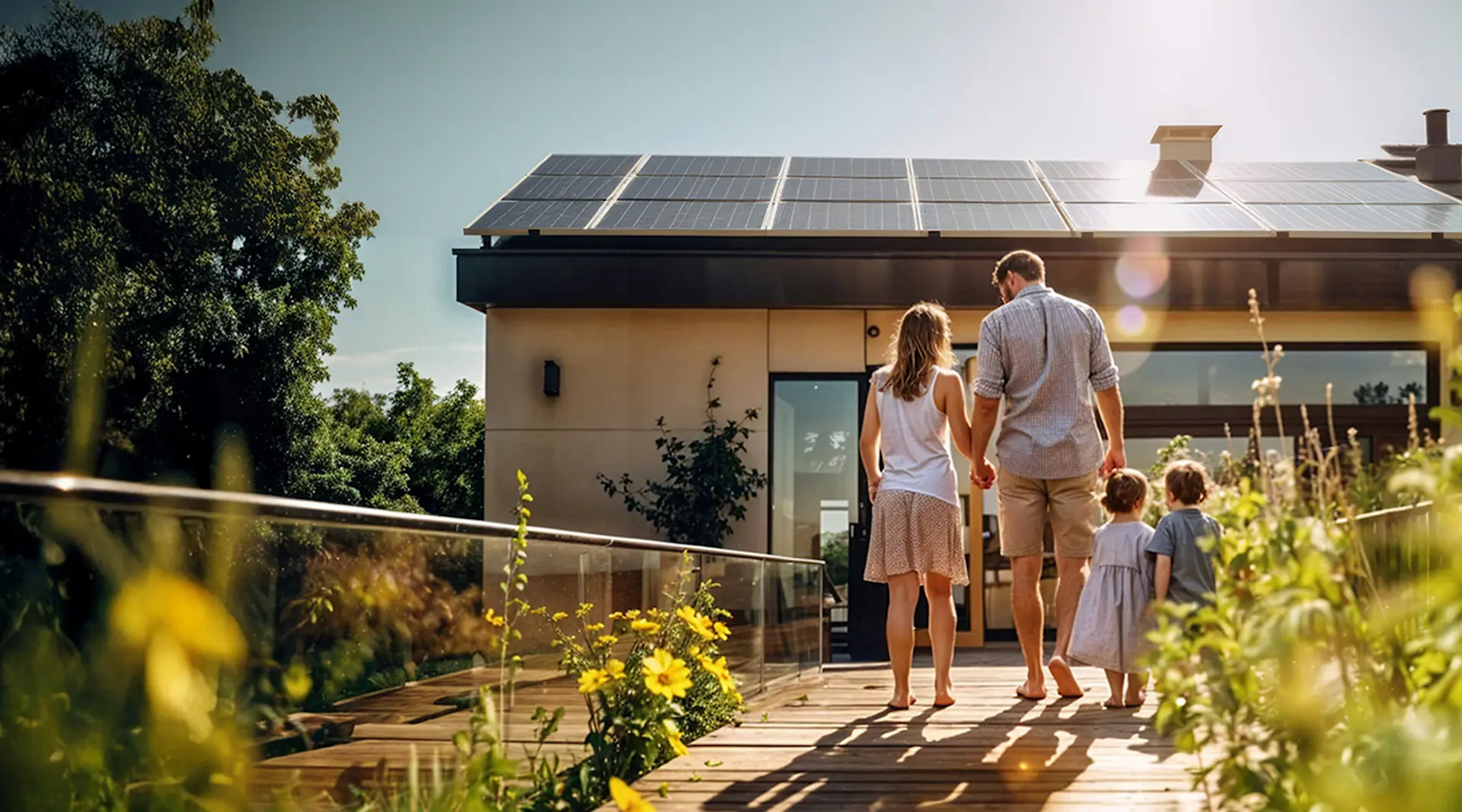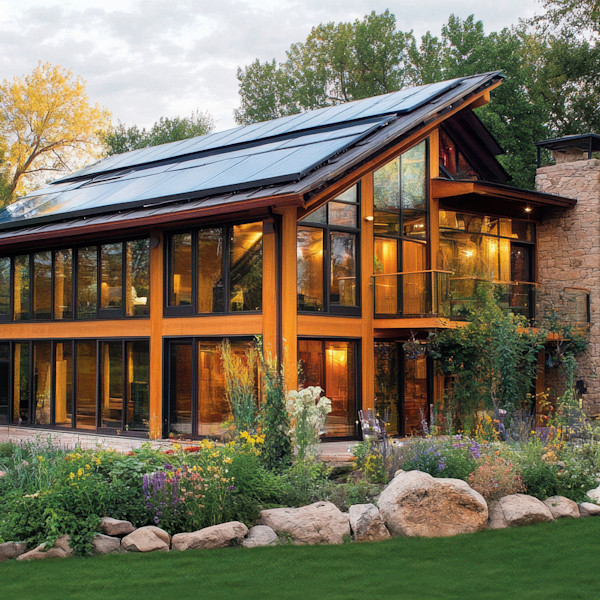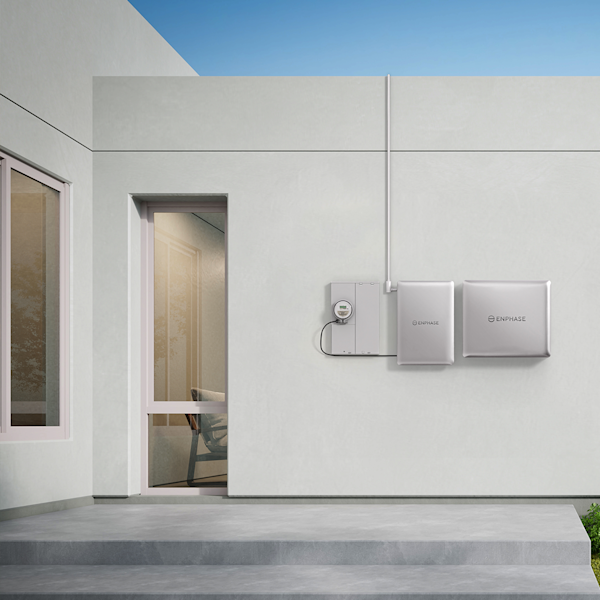Customized Solar Solutions
We offer tailored solar solutions designed to match your unique energy goals, lifestyle, and budget. Whether you’re focused on maximizing power output or finding the best long-term value, we have a solar solution for you.

SunPower simplifies your transition to clean energy. Every home is unique, and we design personalized solar solutions that match your lifestyle, budget, and sustainability goals.
Custom-designed solar solutions
High-quality, performance-driven products
Personalized energy independence
Simplified installation process

Seamlessly integrated home solar systems designed for peak performance. We carefully select high-quality panels, racking, and components to deliver reliable, clean energy that powers your home with precision and style.

Maximize your solar investment by storing excess clean electricity. Our smart battery solutions help you power your home during peak hours, reduce energy costs, and maintain critical systems during outages, giving you energy independence and peace of mind.

The right solar setup depends on several factors—from your reasons for going solar to the size of your roof. Get started with a free estimate from our solar experts today!

Wondering if your home is a good candidate for solar power? From energy prices to local weather, we’ll help you find out if your house is solar-ready—contact us!

Find out how going solar can affect the resale value of your home.
We offer tailored solar solutions designed to match your unique energy goals, lifestyle, and budget. Whether you’re focused on maximizing power output or finding the best long-term value, we have a solar solution for you.